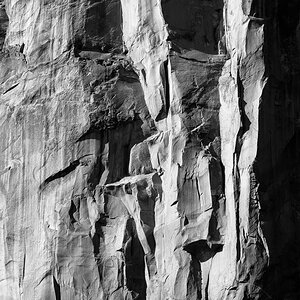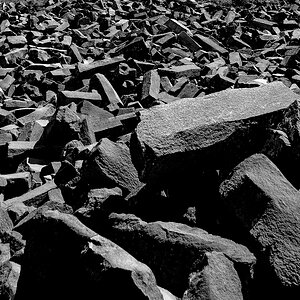footballfan993
TPF Noob!
- Joined
- Aug 14, 2015
- Messages
- 93
- Reaction score
- 9
- Location
- Stevens Point, WI
- Website
- www.tylerwarnecke.com
- Can others edit my Photos
- Photos NOT OK to edit
Hi everyone,
so I thought of a great idea for a thing I'm doing. So I'm a nude model for my university's art drawing classes. On Monday I and a friend have decided that she would bring in her pet snake and I would model while holding the snake. I thought that it would be a cool idea to have someone take pictures of me as I model with the snake.
I would love to take the pictures myself, however, I am the model, so that would be pretty difficult to do. I have since reached out to a friend of mine that also does photography, and asked her to do it and she agreed to photograph my modeling session. As I was talking to her she said that she doesn't want anything to do with the photos afterwards, as she is engaged, and in general doesn't want them. However, she will be taking pictures of just the snake, and maybe the snake crawling on me, but not with any of my genitals showing in the photo. She will also be using her own camera but my memory card.
I was wondering how we should draft a contract stating that I will acquire exclusive and all rights to the photographs. And that she will have no claim to any rights to the photographs.
Now with her taking the photos, she automatically is the owner of copyright. Since she doesn't want them, and she is transferring them to me, I will have full copyright to edit, post, monetize, etc of these photographs. However, she did state that if she got some good ones, that she would like to possible use some of them. I am thinking, would it be best for her to transfer full copyright to me, and then for the photos that she does want that I then grant her limited rights?
Let me know if you have any questions or advice!
As always, thank you!!
so I thought of a great idea for a thing I'm doing. So I'm a nude model for my university's art drawing classes. On Monday I and a friend have decided that she would bring in her pet snake and I would model while holding the snake. I thought that it would be a cool idea to have someone take pictures of me as I model with the snake.
I would love to take the pictures myself, however, I am the model, so that would be pretty difficult to do. I have since reached out to a friend of mine that also does photography, and asked her to do it and she agreed to photograph my modeling session. As I was talking to her she said that she doesn't want anything to do with the photos afterwards, as she is engaged, and in general doesn't want them. However, she will be taking pictures of just the snake, and maybe the snake crawling on me, but not with any of my genitals showing in the photo. She will also be using her own camera but my memory card.
I was wondering how we should draft a contract stating that I will acquire exclusive and all rights to the photographs. And that she will have no claim to any rights to the photographs.
Now with her taking the photos, she automatically is the owner of copyright. Since she doesn't want them, and she is transferring them to me, I will have full copyright to edit, post, monetize, etc of these photographs. However, she did state that if she got some good ones, that she would like to possible use some of them. I am thinking, would it be best for her to transfer full copyright to me, and then for the photos that she does want that I then grant her limited rights?
Let me know if you have any questions or advice!
As always, thank you!!




![[No title]](/data/xfmg/thumbnail/35/35878-753a9d58c095f0e1aaa96d03c025f6ce.jpg?1619737205)








